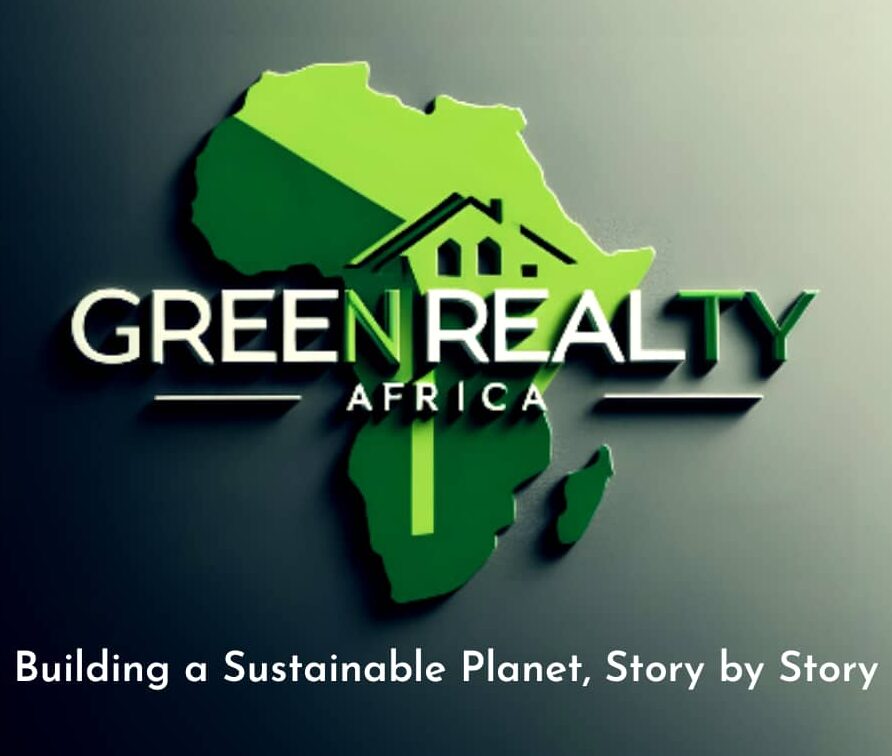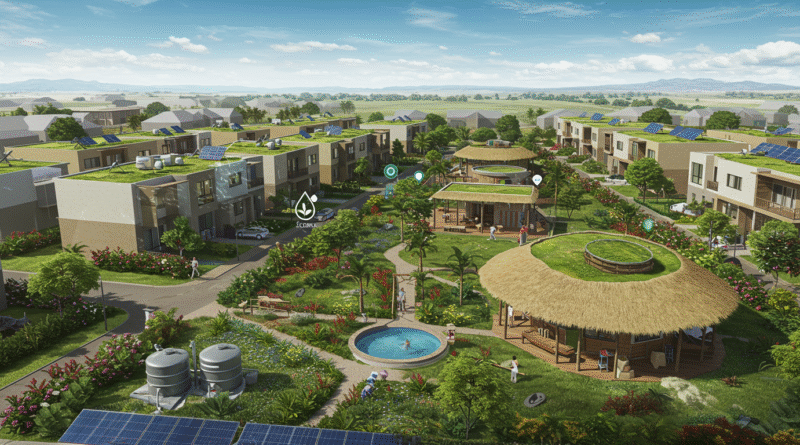Africa’s Green Housing Boom
Across the continent, Africa’s green housing boom is gaining serious traction—reshaping skylines, redefining real estate, and responding to climate challenges. From Ghana to Rwanda, this eco-conscious shift isn’t just about design—it’s a smart urban development strategy built on sustainability.
With African cities growing rapidly and facing rising climate risks, real estate developers and policymakers are embracing green housing as a powerful climate solution. Buildings currently account for nearly 40% of global carbon emissions, and Africa’s housing sector is emerging as a critical front line in the climate fight.
Innovation Drives Africa’s Green Housing Boom in Real Estate
Leading green real estate developments are setting the tone for Africa’s green housing boom. In Ghana, Appolonia City is championing EDGE-certified buildings that reduce energy, water, and material usage by at least 20%. These energy-smart homes are not only better for the planet—they cut long-term costs for homeowners.
In Rwanda, the Kigali Green Complex takes eco-efficiency even further with solar grids, rainwater harvesting, and locally sourced construction materials. These projects reflect how sustainable real estate in Africa is being redefined through both local wisdom and modern technology.
Why Africa’s Green Housing Boom Matters for Sustainable Real Estate
Africa’s green housing boom does more than reduce carbon footprints—it also tackles long-standing urban issues. With informal housing still dominant in many cities, green building projects help formalize construction, improve living conditions, and reduce strain on public infrastructure.
Moreover, green real estate solutions provide insulation against extreme temperatures, integrate renewable energy, and offer superior flood and drought resilience. The result is a new model of housing that protects both people and the planet.
Let’s wrap it up shall we?
Momentum around Africa’s green housing is accelerating. Public and private sector partnerships are aligning around climate goals, affordability, and infrastructure investment. From donor-backed initiatives to government policy reform, the entire ecosystem is tilting toward eco-conscious development.
Still, inclusion is key. As Africa moves forward, sustainable housing must be accessible to low- and middle-income communities. Affordability, equity, and policy alignment will determine how scalable and impactful the green housing revolution becomes.

